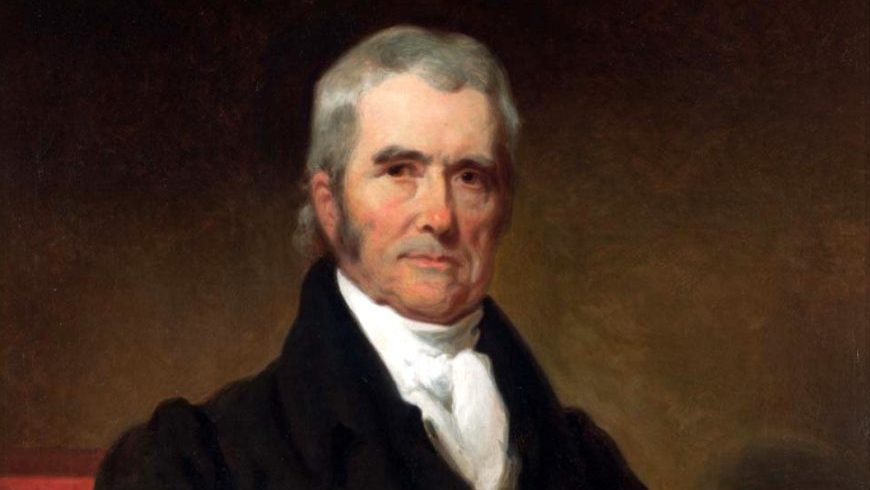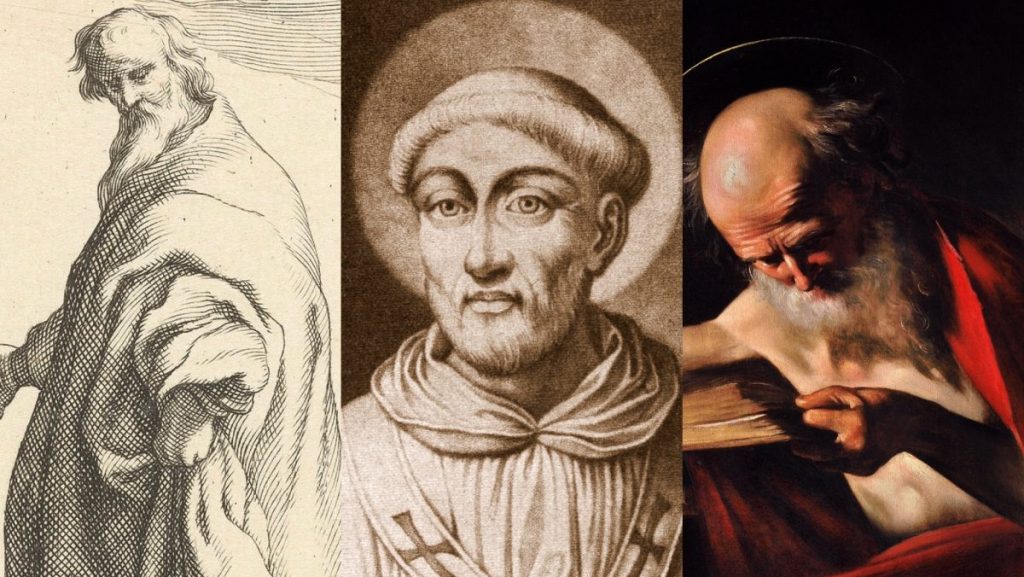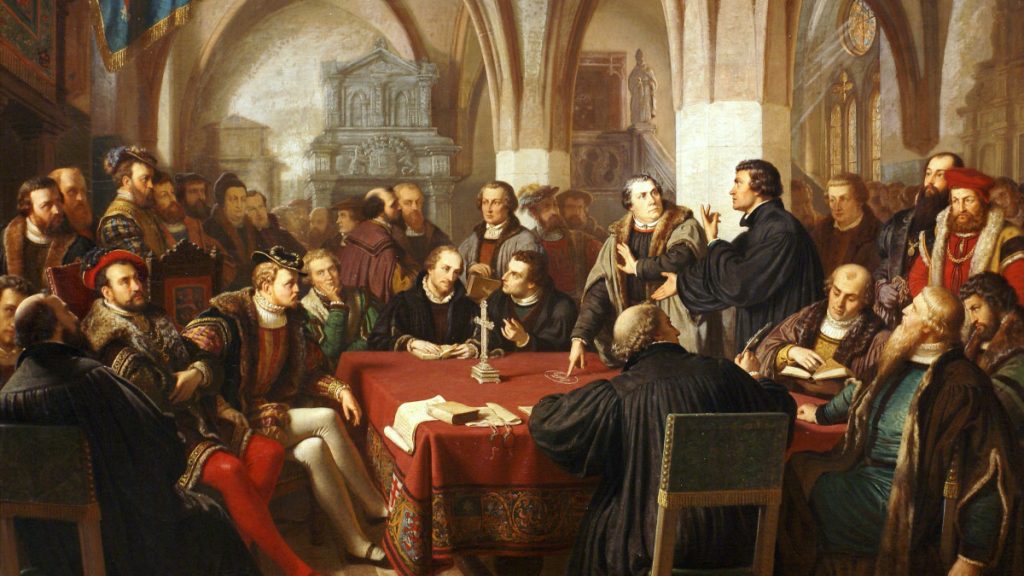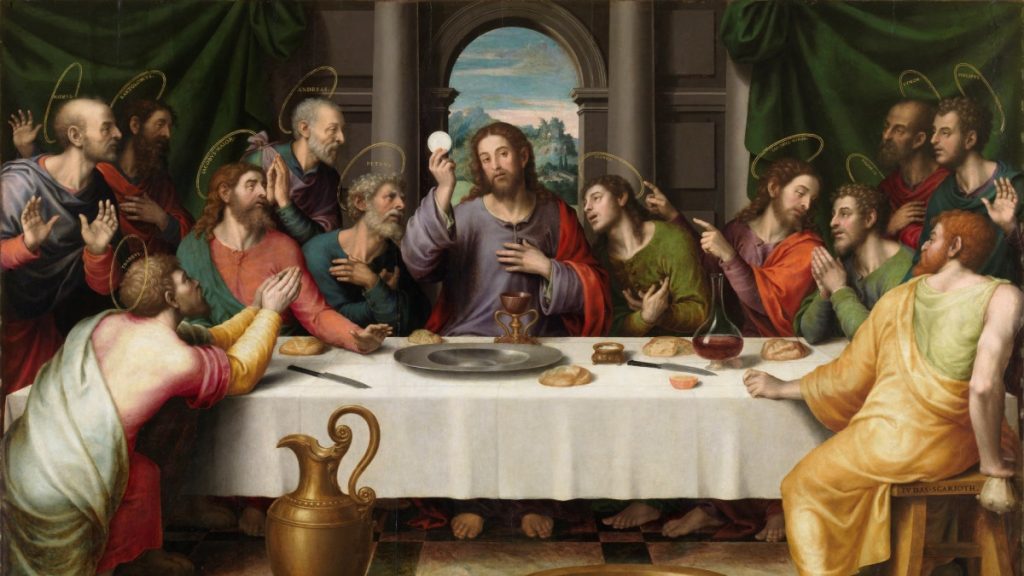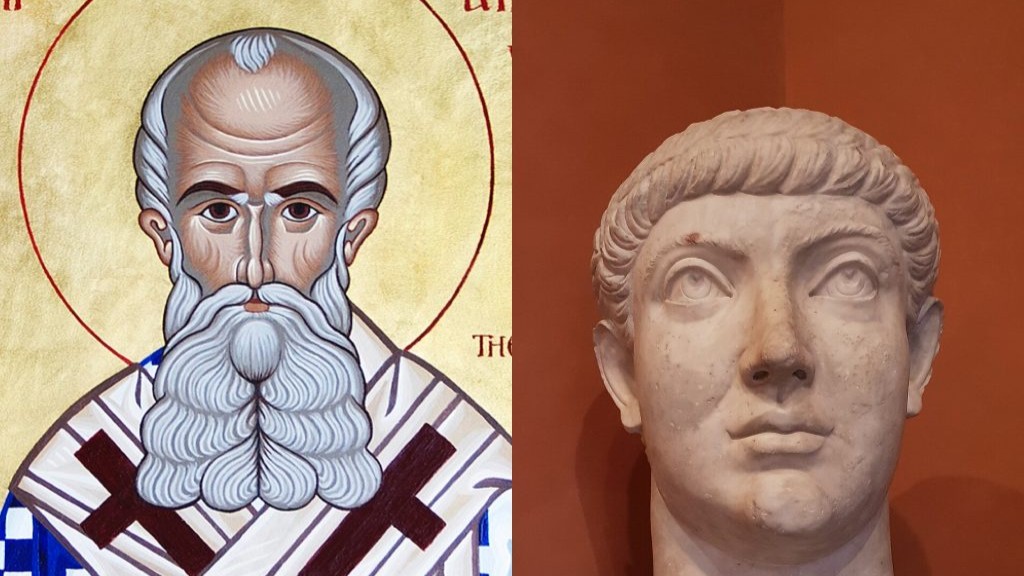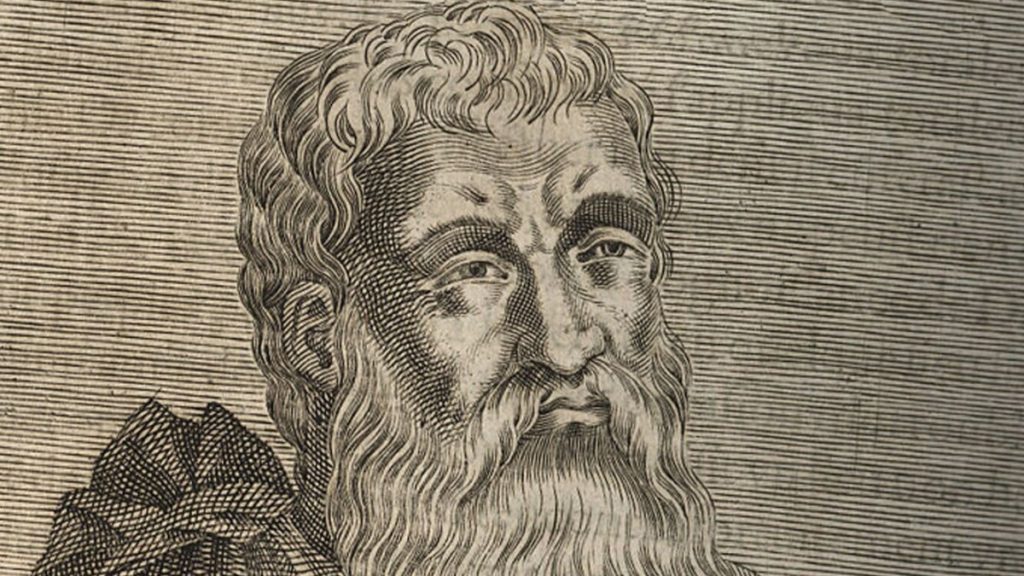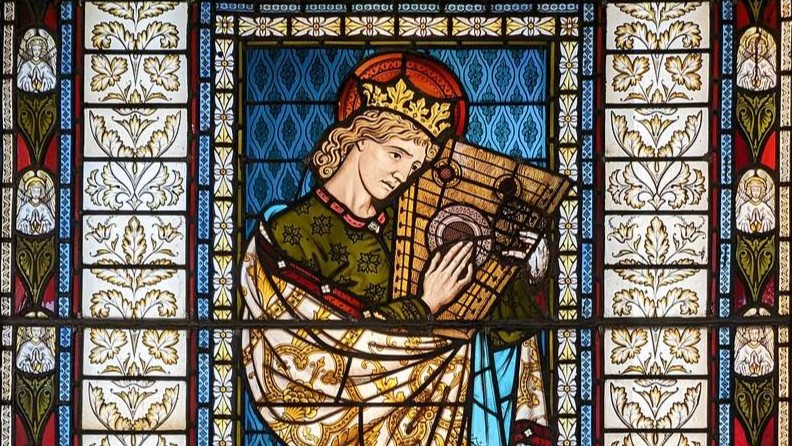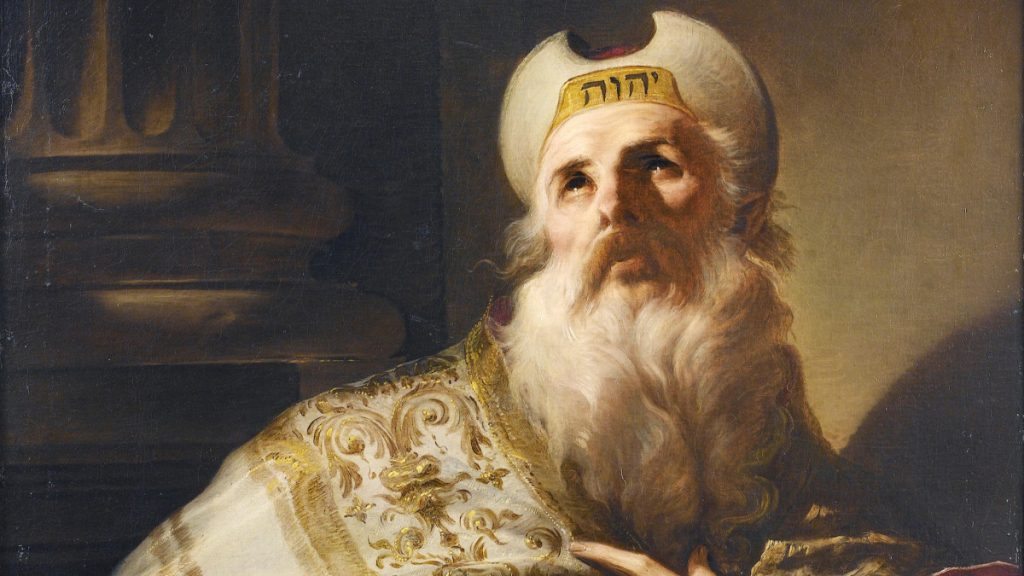(Updated June 24, 2025)
John Marshall (1755-1835) was an American Founder who served as the fourth Chief Justice of the Supreme Court of the United States. He is generally considered to be the principal founder of American constitutional law.
Letters
John Marshall, To Marquis de Lafayette (May 2, 1827)1
The subject [abolition of the slave trade/slavery in general] deeply interests humanity. Should France engage seriously and earnestly in the great work of abolishing this flagitious traffic in human flesh, it must be accomplished; and one of the foulest stains on the character of Christendom will exist only in history.
John Marshall, To Jasper Adams (May 9, 1833)2
I am much indebted to you for the copy of your valuable sermon on the relation of Christianity to civil government preached before the convention of the Protestant Episcopal Church…
One great object of the Colonial charters was avowedly the propagation of the Christian faith…
No person, I believe, questions the importance of religion to the happiness of man even during his existence in this world. It has at all times employed his most serious meditation, and had a decided influence on his conduct. The American population is entirely Christian, and with us, Christianity and Religion are identified. It would be strange, indeed, if with such a people, our institutions did not presuppose Christianity, and did not often refer to it, and exhibit relations with it. Legislation on the subject is admitted to require great delicacy, because freedom of conscience and respect for our religion both claim our most serious regard.
John Marshall, To John Marshall, Jr. (November 7, 1834)3
Happiness is pursued by all; though too many mistake the road by which this greatest good is to be successfully followed. Its abode is not always in the palace or the cottage. Its residence is the human heart, and its inseparable companion is a quiet conscience. Of this, Religion is the surest and safest foundation. The individual who turns his thoughts frequently to an omnipotent, omniscient, and all perfect being, who feels his dependence on, and his infinite obligations to that being, will avoid that course of life which must harrow up the conscience.
Footnotes
- John Marshall, Charles F. Hobson, ed., Marshall: Writings (New York: Library of America, 2010), 674. ↩︎
- John Marshall, Charles F. Hobson, ed., Marshall: Writings (New York: Library of America, 2010), 837. ↩︎
- John Marshall, Charles F. Hobson, ed., Marshall: Writings (New York: Library of America, 2010), 848. ↩︎
